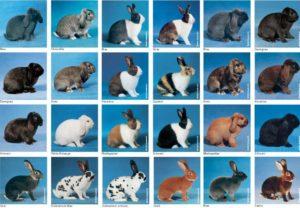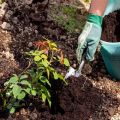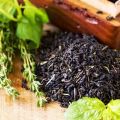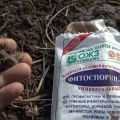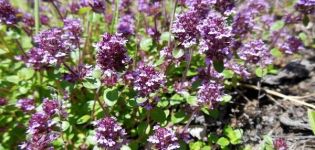Instructions for the use of iodine for rabbits and how to give for prevention
Rabbits are prone to diseases, especially infectious ones. Diseases can destroy whole livestock, which is dangerous for households and large farms. Therefore, animals must be given specialized drugs and vaccines, and also use iodine solution for rabbits as a prophylactic agent. This helps prevent massive pestilence in the rabbitry.
What is iodine for?
When applied topically, iodine is a common topical antiseptic. It disinfects small wounds and cuts, killing disease-causing organisms. When ingested, this substance is toxic in high concentrations, but in rabbit farming it is used to prevent a dangerous disease that affects young animals - coccidiosis.
All rabbits suffer, but adult animals are carriers, and they themselves rarely get sick. But the rabbit can transmit microorganisms to the rabbits through milk or through direct contact during the care of the offspring, so iodine is given to both the female and the babies.
This substance not only kills the causative agents of coccidiosis, but also stimulates the immune system. It acts on the thyroid gland, which affects the metabolism, strengthening the body's defenses. Rabbits can better resist disease and recover faster.
How to prepare iodine solution
When interacting with metal, iodine loses its healing properties, so it must be diluted in glass or plastic containers. Stirring with metal spoons is also prohibited.

Two working proportions are used: 0.01% and 0.02%. To obtain a weaker version, 2 milliliters of a 5% solution or 1 milliliter of 10% are added to water (100 milliliters). The liquid is stirred or agitated.
If there are few rabbits and they cannot drink the medicine at one time, it can be kept in a sealed container for 1-2 days, but it is better to breed it at one time. The stored preparation must be shaken before drinking.
Ready solutions with iodine
For preventive measures and treatment of diseases, it is convenient to use affordable means containing iodine. It is easier to make correct calculations with them and there is no danger of making a mistake with the dosage.
"Poviodon"
This drug was created in Belarus to rinse the mouth and throat. But the content of iodine in it makes it possible to use it for the prevention and treatment of coccidiosis in rabbits. For this purpose, dissolve the product in water in a ratio of 1:10. For a kilogram of animal weight, you need to take 0.2-0.2 milliliters of the substance. Water should be clean, boiled, at room temperature.
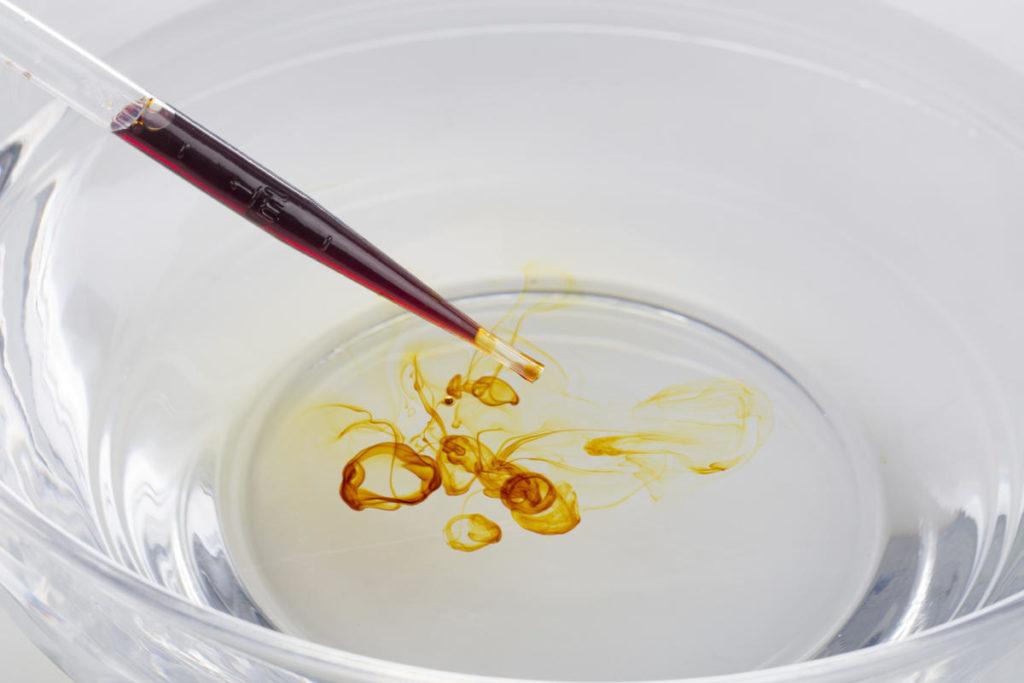
A feature of the drug is the fact that it is able to kill not only coccidia, but also to cope with other dangerous pathogens: streptococci, staphylococci, proteas and many others.
"Yodovit"
It is a popular antiseptic drug used to disinfect cells. It can be given to rabbits in liquid form at the rate of 1 ml per kilogram of animal weight, undiluted or dissolved 1: 2. Give twice a day, but not more than 2 days.
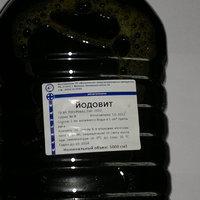
The medicine in tablets is not used for watering pets.
"Monclavit-1"
The product is produced for processing cells, used for the prevention of gastrointestinal diseases. This drug is rarely used to treat coccidiosis, but it is also useful for this purpose. Take 1 milliliter of the product, give undiluted or diluted in a 1: 1 ratio, water the rabbits in the morning and in the evening for 2 or 3 days.

You can apply the medicine to the nipples of a nursing rabbit, so it will be possible to protect newborn rabbits from infection. But they can stop sucking, so this can be done after a trial application to one nipple. If the rabbits behave without changes, this method is suitable for prevention.
"Iodinol"
The veterinary drug is most commonly used in cattle, poultry and dogs, but it can also be given to rabbits. It also needs to be diluted at the rate of 2 ml of the product per kilogram of the animal's weight, diluting it in water at the rate of 1: 2. Give the rabbits two doses for 10 days.
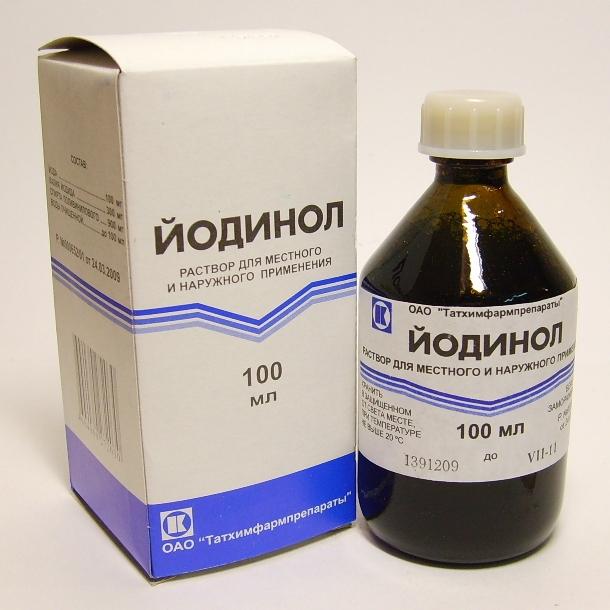
How to give the drug correctly and in what doses?
Since the disease can be transmitted from the female to her offspring, a pregnant rabbit needs to be drunk with 0.01% iodine from 25-30 days of gestation to 3-5 days after giving birth, replacing them with drinking water. The volume of the solution per day is 100 milliliters. This is the standard dosage for the prevention of coccidiosis.

After the completion of drinking, you need to take a break for 5 days, and then give the female 200 milliliters of 0.02% medicinal solution. Give it 15 days in a row. Instructions for the use of iodine for rabbits require that they be given 0.01% liquid after they are deposited from their mother in separate cells, in an amount of 50 milliliters of 0.02% of the drug per individual, for 10 days. After that, they pause for 14 days, then again 15 days give the rabbits 70 milliliters of liquid per head during the first 7 days. In the second week, the amount of the drug is increased to 100 milliliters per rabbit.
Possible side effects
With competent and accurate adherence to the instructions, side effects are rare. Overdose is a common cause of their occurrence. In this case, the following symptoms may appear:
- Indigestion, frequent loose stools.
- Dehydration.
- Discoloration of the mucous membranes.
- In extremely severe cases of poisoning - shock and death.
- When spraying the nipples of a nursing rabbit with Monclavit-1, the offspring may refuse milk.
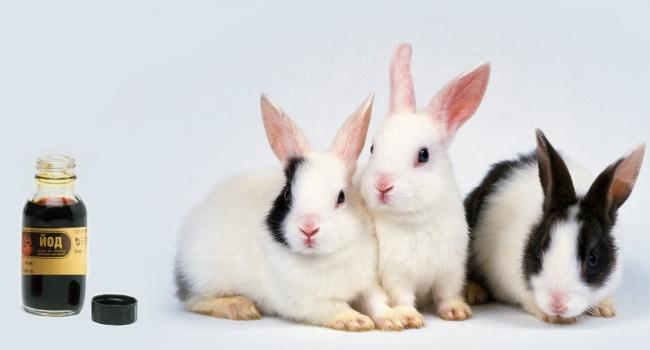
Side effects can be avoided by not exceeding the concentration of the solution and not giving liquid too often.
What are the contraindications
Rabbits tolerate iodine well in the indicated dosages and without exceeding the frequency of administration of the drug. In rare cases, individual intolerance to the agent is noted, therefore, during the first procedure, it is necessary to observe the condition and behavior of the animal. If a reaction is detected, use is canceled.
Iodine is toxic in large doses, if the concentration in the solution is exceeded and if it is used too often, so it is important for the breeder to follow the recipe and the rules for drinking the product exactly. If you do not break the rules, the medicine will be beneficial, relieve coccidiosis and strengthen the immunity of rabbits.

